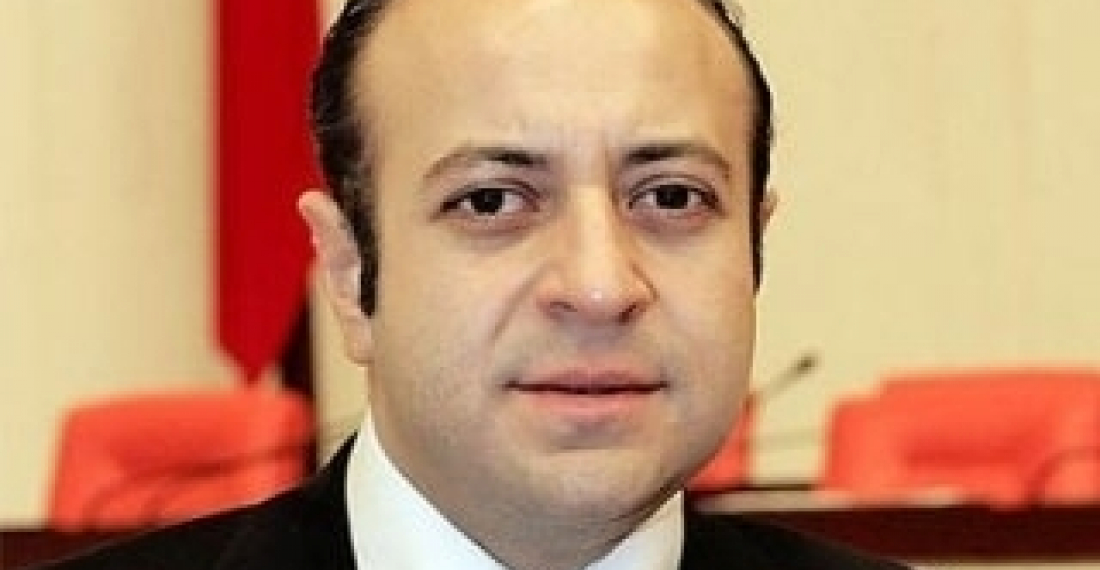President of the European Parliament Martin Schultz and State Minister of Turkey and EU Chief Negotiator Egemen Bagis gave a joint press conference, Tuesday, wherein M. Shultz urged Ankara to refer to its own history.
It is noteworthy that the Prosecutor's Office of Switzerland's Canton of Zurich launched an inquiry against Egemen Bagis to reveal if Bagis denied Armenian Genocide in public in Davos.
Martin Schultz urged Ankara to refer to its history and allow independent inquiries into the history. If the inquiries reveal that it was genocide, he said, you should recognize it. In response,
Egemen Bagis said that yet in 2005 the Turkish prime minister sent a letter to the Armenian president, but the Armenian party has not replied to that yet.
Bagis said that Turkey is ready to set up an international commission of scientists and historian and to accept their resolutions if they are based not only on the archives of Armenia and Turkey, but also of
Germany, which was Turkey's key ally in 1915, as well as Great Britain, Russia, France and the USA. "We are politicians and we are responsible for the future and not the past. Politicians should not deprive historians of their living," the state minister said.
In response, Martin Schultz said that as a German and German president of the multinational parliament he should live with the past every day, which is very difficult. "But my country has been referring to its history for over six decades and I am proud of that. Our generation is not responsible for the crimes of the past. But we should prevent such crimes in future," he said.
President of European Parliament urges Turkish state minister to refer to history
President of European Parliament urges Turkish state minister to refer to history







